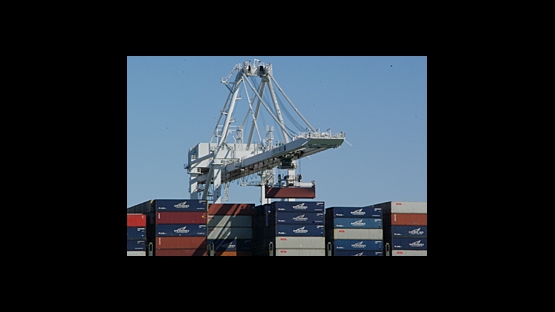IAEA Director General Yukiya Amano informed the IAEA Board of Governors, meeting on 1 March in Vienna, that "(r)estrictions on the transport of the radioisotope Cobalt-60 and other medical sources by airlines and shipping companies are causing serious problems for some countries in maintaining adequate radiotherapy services". He urged all Member States "to cooperate in finding workable solutions and ensure that thousands of medical patients are not denied life-saving treatment."
The IAEA established an International Steering Committee on the Denial of Shipment of Radioactive Material, which includes industry and transport sector representatives, to address the problems caused by transport restrictions.
In its most recent meeting, on 25 February in Vienna, Austria, IAEA Deputy Director General Tomihiro Taniguchi, head of the Department of Nuclear Safety and Security, told Steering Committee members that "denial of shipments has a direct link to individuals receiving treatment for cancer." He announced that the Agency set 2013 as the target date for eliminating obstacles in shipping radioactive material.
Since late 2007, the IAEA Denial of Shipment Database recorded 87 incidents of refusal to transport Cobalt-60, used to treat cancer or sterilize medical equipment. Incidents involving Molybnenum-99 are also recorded. But many shipping denials, by air and sea, go unreported, in part because shippers are often afraid that complaints could worsen the situation, or may not know about the IAEA Denial of Shipment Database.
"Member States and industry need to understand that the transport of radioactive materials has a humanitarian impact," Mr. Taniguchi said.
Regulatory policies, industry preferences and instances of poor communication can lead to individuals not receiving the treatment they require.
"I challenge each and every one of you to do whatever is within your power to support the [IAEA] Director General with his ambition of curing cancer within the developing world," Mr. Taniguchi said.
The Steering Committee first met in 2006, after the IAEA´s annual assembly of its Member States, the General Conference in 2005, called for its establishment. Since 2006 many proactive steps have been taken that help address the issue of denials.
"This is now the fifth meeting and in order to remain relevant we need to discuss our future actions. Instances of denials are still occurring and in some regions increasing," Mr. Taniguchi said.
The crux of the solution to denial of shipments lies in developing strong national networks. But there can be no blindness to the role of safety and security in the transport of radioactive material.
"Keep in mind that our regulatory systems should be designed to ensure transport can be carried out in a safe and secure manner rather than hindered," he said.
Many of the world´s largest shipping lines and airlines refuse to transport C0-60 and other radioactive material, designated class 7 by the International Maritime Organization (IMO).


